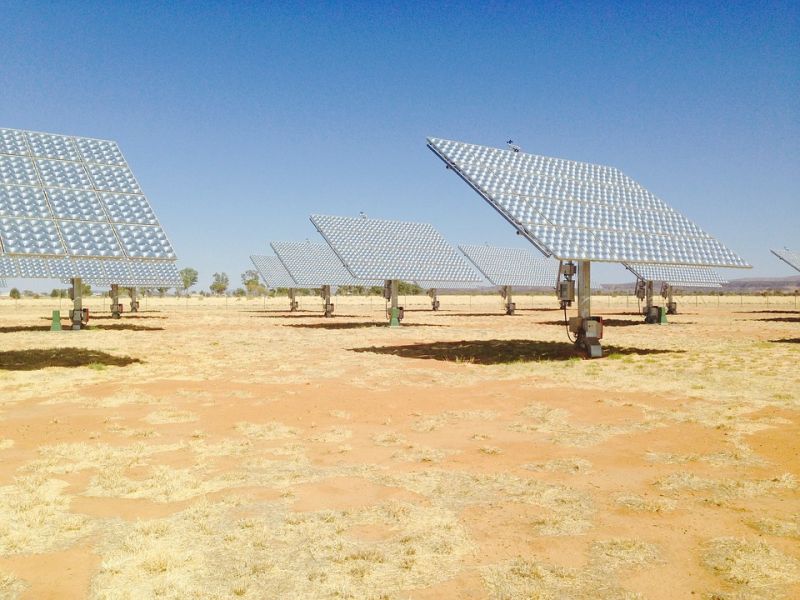Solar Power Could Save Water in Thirsty Middle East, North Africa, Analysis Says
Published on by Water Network Research, Official research team of The Water Network in Technology
Thirsty Middle Eastern and North African countries could tap into their solar-energy potential to cope with fresh water scarcity, according to resource experts.
By Sebastien Malo

Representative image, Source: Pixabay
Water could be saved by switching to renewable solar energy from fossil fuel electricity generation that uses up water, said the World Resources Institute (WRI).
The findings show moving to clean energy has benefits aside from cutting planet-warming greenhouse gas emissions, said Tianyi Luo, a senior WRI manager.
“A lot of times, the water savings, that kind of benefits from renewable projects are overlooked,” Luo told the Thomson Reuters Foundation.
Yemen, Saudi Arabia, Oman, Libya, Algeria, Morocco, the United Arab Emirates and Jordan ranked among the top countries, measured by lack of freshwater and solar energy potential, that could benefit from such a switch, the WRI said.
Fresh and sea water is often used in the process of cooling fossil-fuel power plants, ubiquitous in the Middle East and North Africa, according to the World Bank.
Put another way, powering one 60-watt incandescent light bulb for 12 hours over one a year can consume 3,000 to 6,000 gallons of water, according to the U.S.-based Virginia Water Resources Research Center.
Read full article: Reuters
Media
Taxonomy
- Solar Water Disinfection
- Water Scarcity
- Water Supply
- Scarcity
- Water Scarcity In Desert area
- Energy
- Energy Reduction
- Solar Desalination
- Water Supply
- Solar Power